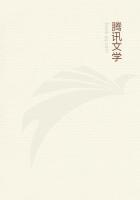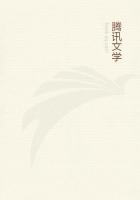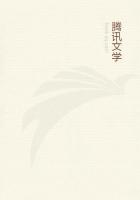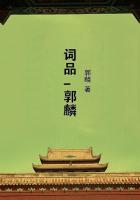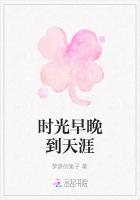For the following weeks I went about London almost furtively, afraid to look down narrow streets and alleys lest they disclose again this hideous human need and suffering. I carried with me for days at a time that curious surprise we experience when we first come back into the streets after days given over to sorrow and death; we are bewildered that the world should be going on as usual and unable to determine which is real, the inner pang or the outward seeming. In time all huge London came to seem unreal save the poverty in its East End. During the following two years on the continent, while I was irresistibly drawn to the poorer quarters of each city, nothing among the beggars of South Italy nor among the salt miners of Austria carried with it the same conviction of human wretchedness which was conveyed by this momentary glimpse of an East London street. It was, of course, a most fragmentary and lurid view of the poverty of East London, and quite unfair. I should have been shown either less or more, for I went away with no notion of the hundreds of men and women who had gallantly identified their fortunes with these empty-handed people, and who, in church and chapel, "relief works," and charities, were at least ****** an effort towards its mitigation.
Our visit was made in November, 1883, the very year when the Pall Mall Gazette exposure started "The Bitter Cry of Outcast London," and the conscience of England was stirred as never before over this joyless city in the East End of its capital. Even then, vigorous and drastic plans were being discussed, and a splendid program of municipal reforms was already dimly outlined. Of all these, however, I had heard nothing but the vaguest rumor.
No comfort came to me then from any source, and the painful impression was increased because at the very moment of looking down the East London street from the top of the omnibus, I had been sharply and painfully reminded of "The Vision of Sudden Death" which had confronted De Quincey one summer's night as he was being driven through rural England on a high mail coach. Two absorbed lovers suddenly appear between the narrow, blossoming hedgerows in the direct path of the huge vehicle which is sure to crush them to their death. De Quincey tries to send them a warning shout, but finds himself unable to make a sound because his mind is hopelessly entangled in an endeavor to recall the exact lines from the Iliad which describe the great cry with which Achilles alarmed all Asia militant. Only after his memory responds is his will released from its momentary paralysis, and he rides on through the fragrant night with the horror of the escaped calamity thick upon him, but he also bears with him the consciousness that he had given himself over so many years to classic learning--that when suddenly called upon for a quick decision in the world of life and death, he had been able to act only through a literary suggestion.
This is what we were all doing, lumbering our minds with literature that only served to cloud the really vital situation spread before our eyes. It seemed to me too preposterous that in my first view of the horror of East London I should have recalled De Quincey's literary description of the literary suggestion which had once paralyzed him. In my disgust it all appeared a hateful, vicious circle which even the apostles of culture themselves admitted, for had not one of the greatest among the moderns plainly said that "conduct, and not culture is three fourths of human life."
For two years in the midst of my distress over the poverty which, thus suddenly driven into my consciousness, had become to me the "Weltschmerz," there was mingled a sense of futility, of misdirected energy, the belief that the pursuit of cultivation would not in the end bring either solace or relief. I gradually reached a conviction that the first generation of college women had taken their learning too quickly, had departed too suddenly from the active, emotional life led by their grandmothers and great-grandmothers; that the contemporary education of young women had developed too exclusively the power of acquiring knowledge and of merely receiving impressions; that somewhere in the process of 'being educated' they had lost that ****** and almost automatic response to the human appeal, that old healthful reaction resulting in activity from the mere presence of suffering or of helplessness; that they are so sheltered and pampered they have no chance even to make "the great refusal."
In the German and French pensions, which twenty-five years ago were crowded with American mothers and their daughters who had crossed the seas in search of culture, one often found the mother ****** real connection with the life about her, using her inadequate German with great fluency, gaily measuring the enormous sheets or exchanging recipes with the German Hausfrau, visiting impartially the nearest kindergarten and market, ****** an atmosphere of her own, hearty and genuine as far as it went, in the house and on the street. On the other hand, her daughter was critical and uncertain of her linguistic acquirements, and only at ease when in the familiar receptive attitude afforded by the art gallery and opera house. In the latter she was swayed and moved, appreciative of the power and charm of the music, intelligent as to the legend and poetry of the plot, finding use for her trained and developed powers as she sat "being cultivated" in the familiar atmosphere of the classroom which had, as it were, become sublimated and romanticized.
I remember a happy busy mother who, complacent with the knowledge that her daughter daily devoted four hours to her music, looked up from her knitting to say, "If I had had your opportunities when I was young, my dear, I should have been a very happy girl. I always had musical talent, but such training as I had, foolish little songs and waltzes and not time for half an hour's practice a day."

